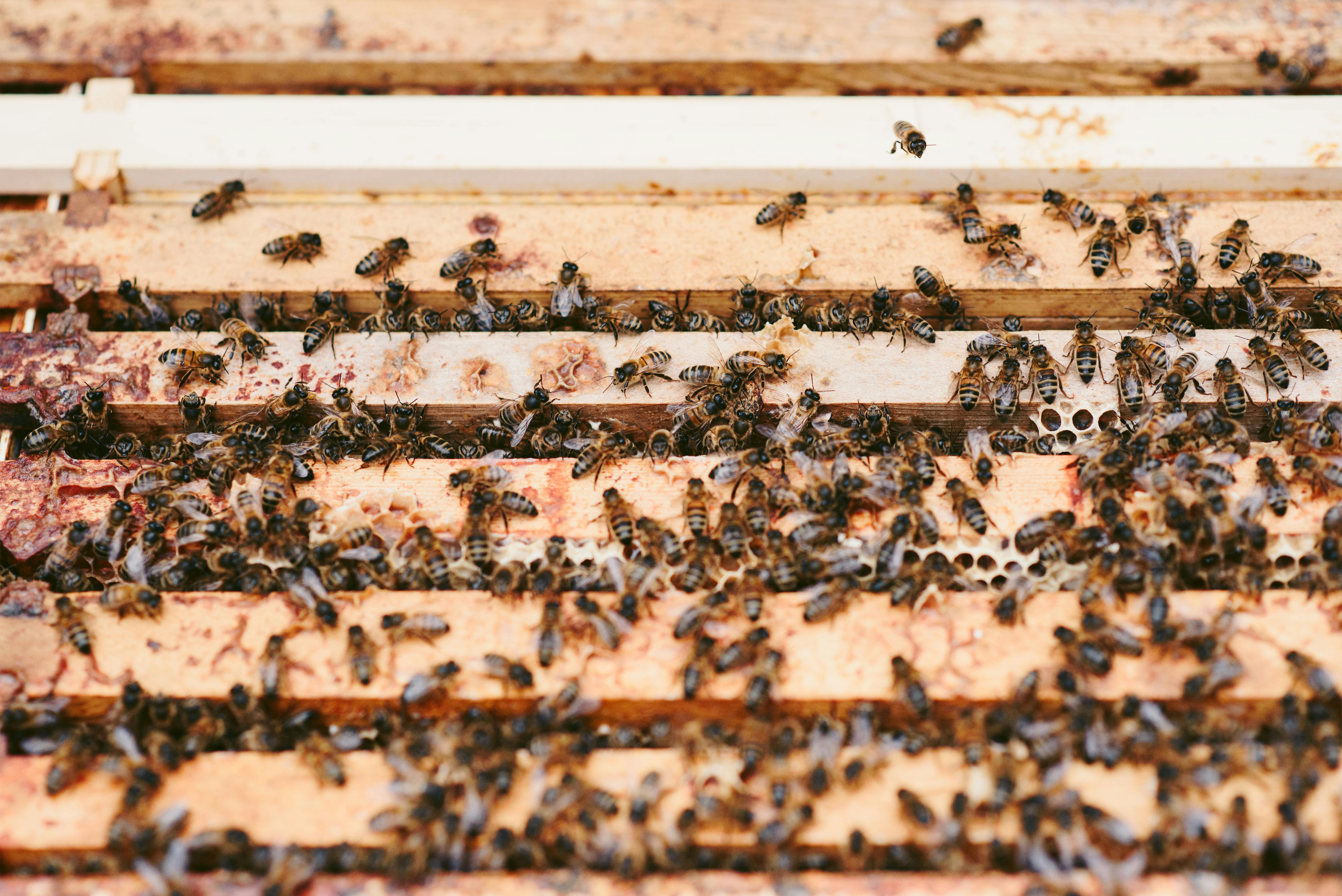Understanding the Importance and Benefits of Eating & Drinking During Labour

Labour is an intense and physically demanding process, often compared to running a marathon. Just as you would hydrate and fuel your body for a long-distance race, it's equally important to prioritize eating and drinking during labour.
The Energy Demands of Labour
The intensity of labour increases the body's need for calories and hydration. It's a physiological reality; the body is working harder than it does during normal everyday activities, and therefore requires more energy. Going into labour in a state of fatigue or dehydration can lead to muscle weakness, reduced stamina, and potentially even delay the progress of labour.
During contractions, the uterus - one of the largest and strongest muscles in the body - works hard to dilate the cervix and move the baby down the birth canal. This process requires an abundant supply of energy, which comes from the food we eat. Carbohydrates, proteins, and fats are particularly crucial for providing the body with this much-needed energy.
Nutrition and Hydration During Labour: What the Research Says
Research widely supports the safety and benefits of eating and drinking during labour. One study suggested that denying food and drink to women in labour could be equivalent to fasting. Fasting can lead to ketosis, a condition characterized by high levels of ketone bodies in the body, resulting from the body burning fat instead of glucose for energy. Ketosis can induce nausea, vomiting, and exhaustion, making it more challenging for the mother during labour.
There's also the concern that fasting during labour may lead to low blood sugar (hypoglycaemia) in the mother, which could negatively affect both the mother's muscle strength and the baby's energy levels at birth.
What to Eat and Drink During Labour
It's critical to note that the kind of food and drink consumed during labour can greatly impact comfort and energy levels. While heavy meals could lead to feelings of lethargy, light and easily digestible foods are recommended. Meals could include whole grain toast, yogurt, fruits, or smoothies. Snacks like granola bars or biscuits can also provide an intermittent energy boost.
For hydration, water is an excellent choice. Also, isotonic sports drinks can replenish both hydration and energy levels as they contain carbohydrates and electrolytes. Remember that staying hydrated aids muscle function and helps to avoid feelings of fatigue and headache.
Risks Associated with Eating During Labour
One potential risk of eating during labour is the possibility of aspiration if general anaesthesia is required for an emergency cesarean section (c-section). Aspiration occurs when stomach contents are regurgitated and then inhaled into the lungs. However, the probability of this happening is relatively low, and modern anaesthetic techniques have made aspiration an extremely rare occurrence.
Conclusion: Listening to Your Body’s Needs
Every woman's labour experience is unique, and nutritional needs may vary. Some women may find eating unthinkable during labour due to feelings of nausea or other discomforts, while others might find that light meals and snacks help maintain their stamina.
Whether to eat and drink during labour should be a decision made in consultation with your healthcare provider, considering your medical history and personal comfort. It's important to listen to your body's cues to stay hydrated and nourish adequately during this physically demanding time.
Understanding and making informed decisions about nutrition and hydration during labour can contribute significantly to a more comfortable labour, providing mothers with the necessary physical strength to birth their child.





